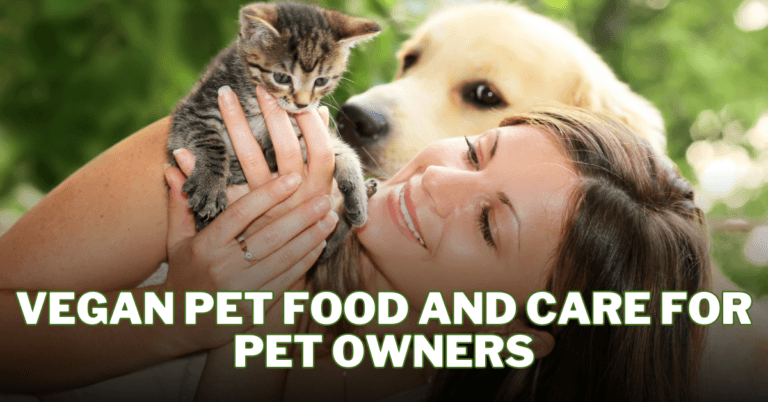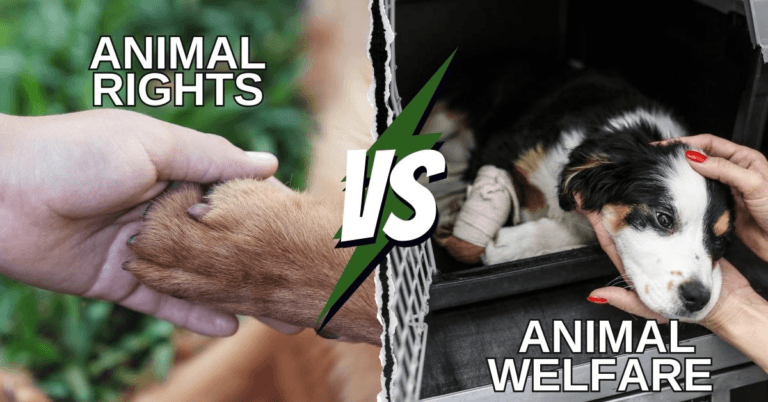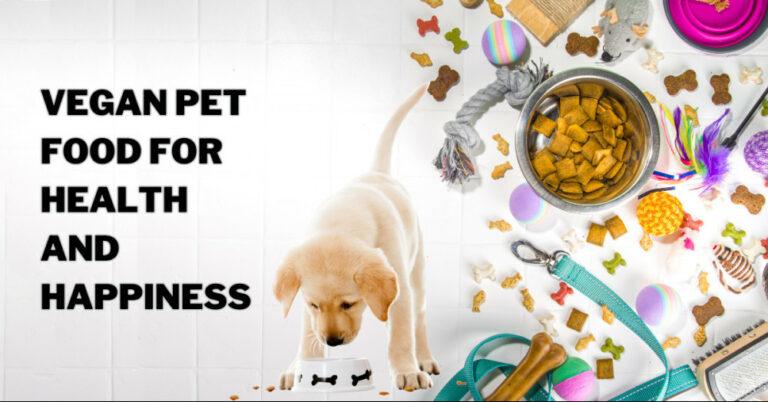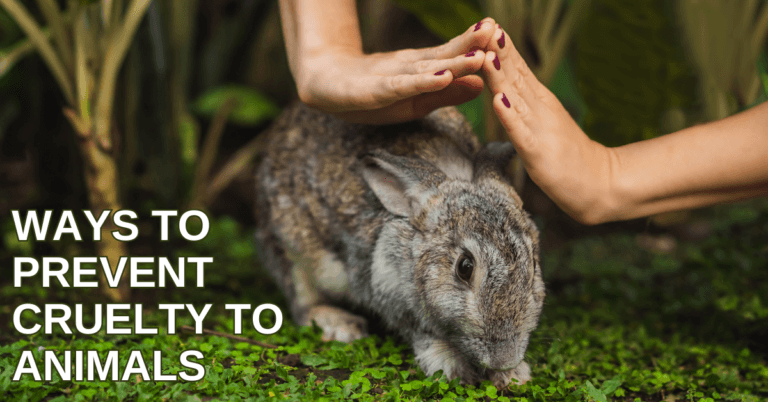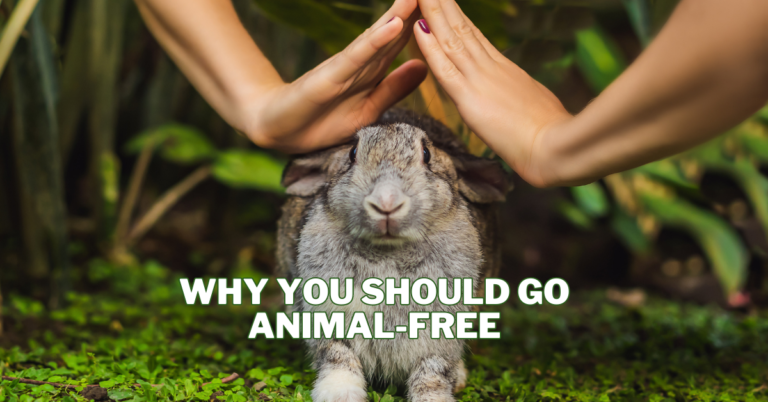The Impact Of Going Vegan For The Animals
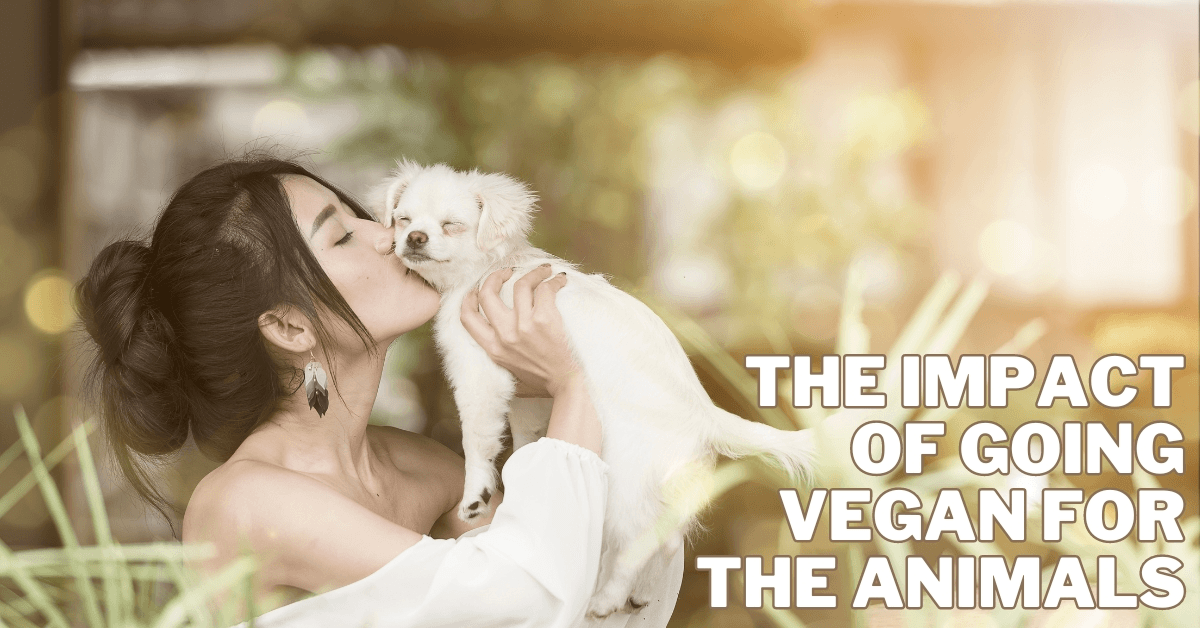
The Impact Of Going Vegan For The Animals
Going vegan for the animals entails adopting a lifestyle that prioritizes compassion and ethical treatment of animals.
By choosing a vegan diet, individuals directly contribute to the welfare of animals by refusing to support industries that exploit them for food.
This conscious decision significantly reduces the demand for animal products, lessening the need for factory farming and the associated cruelty inflicted upon animals.
Embracing a vegan lifestyle spares countless animals from suffering and fosters a more sustainable and compassionate food system.
It's a powerful way to align personal values with actions, ultimately working towards a world where animals are respected and their rights are upheld.
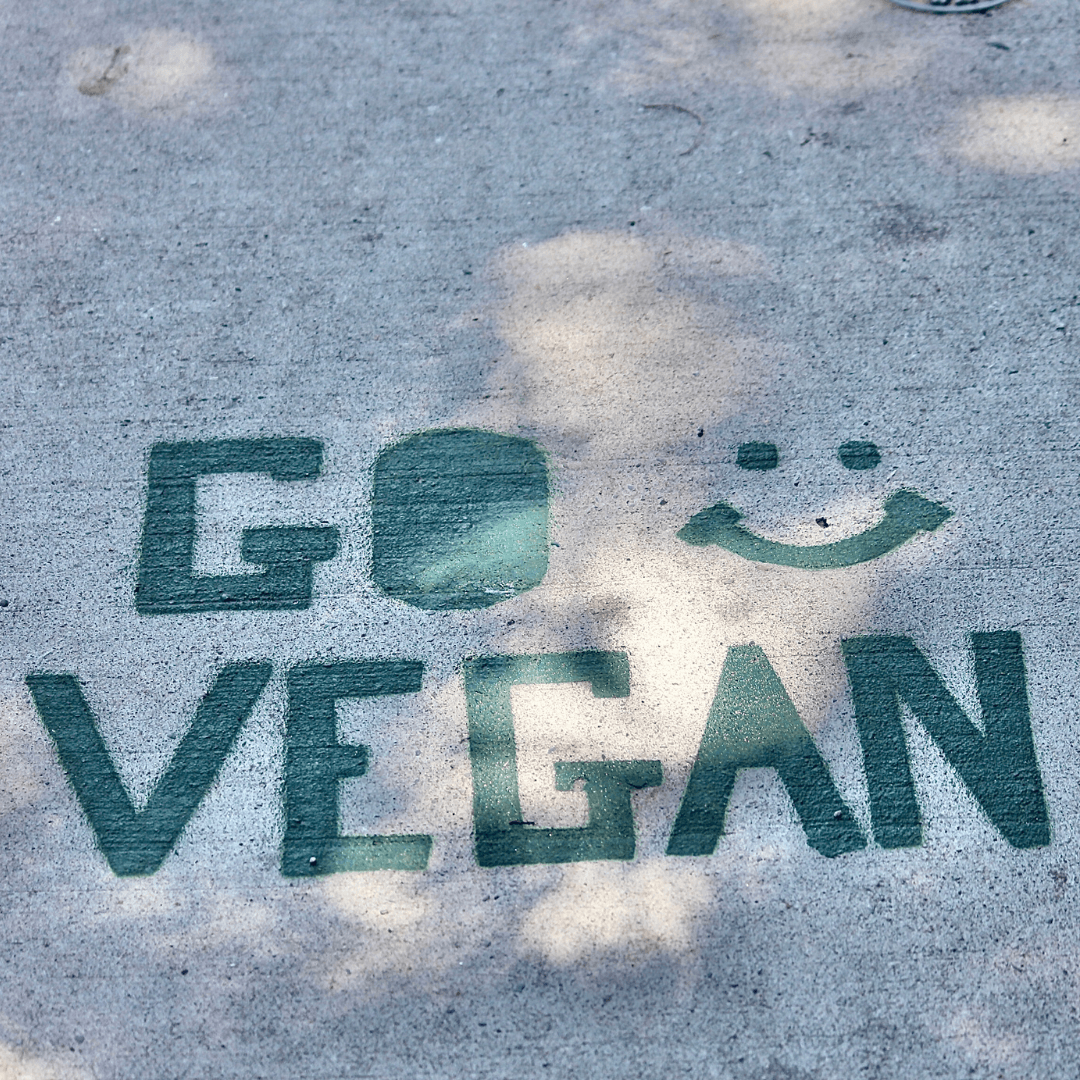
Does Going Vegan Help Animals?
Going vegan for the animals is unquestionably helpful in multiple ways. Firstly, it directly reduces demand for animal products, disrupting the cycle of exploitation inherent in industries such as factory farming.
By abstaining from meat, dairy, eggs, and other animal-derived products, individuals decrease the profitability of these industries, leading to fewer animals being bred, raised, and ultimately slaughtered for human consumption.
This translates to a tangible reduction in animal suffering and death. If you’re still thinking about ‘Does going vegan actually help animals?’
Going vegan contributes to raising awareness about the ethical implications of animal agriculture. By actively choosing plant-based alternatives, individuals engage in conversations and advocacy efforts highlighting the plight of animals raised for food.
This increased awareness can lead to broader societal shifts in attitudes towards animals and the recognition of their inherent value and right to live free from harm.
Additionally, transitioning to a vegan diet helps mitigate environmental harm caused by animal agriculture.
Livestock farming is a major contributor to deforestation, habitat destruction, water pollution, and greenhouse gas emissions. Individuals reduce their ecological footprint and support more sustainable food systems by opting for plant-based foods, thereby indirectly protecting wildlife habitats and biodiversity.
Furthermore, the ripple effects of going vegan extend beyond individual dietary choices. As more people embrace veganism, there is greater demand for plant-based options, prompting food manufacturers and restaurants to expand their cruelty-free offerings.
This normalization of veganism makes it more accessible and appealing to others, further amplifying its impact on reducing animal suffering.
Adopting a vegan diet is one way that each person can help the global movement create a world where animals are treated with dignity, compassion, and respect.
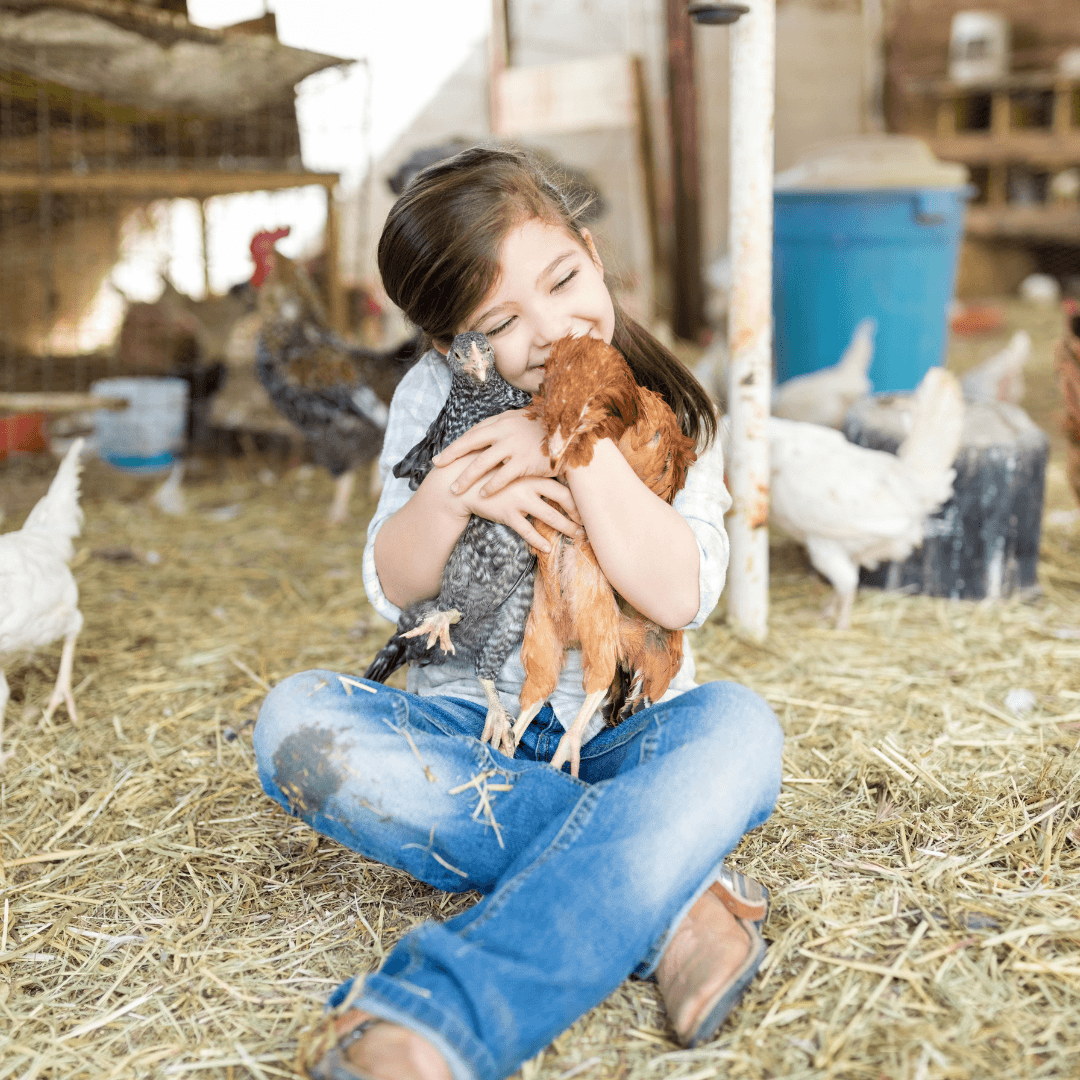
How Many Animals Does Going Vegan Save?
Some may wonder, ‘How many animals does going vegan save?’ Estimates on the number of animals saved by going vegan vary depending on the source.
Some organizations, like PETA, estimate that a vegan diet saves nearly 200 animals annually [PETA: Why Going Vegan Should Be Your New Year's Resolution].
A study published in 2018 found that by choosing plant-based foods, a person saves an average of 105 animals each year. This number includes both farmed land animals and wild-caught fish [plantbasednews.org].
It's important to consider that these are averages, and the exact number can vary depending on factors like your location, diet composition before going vegan, and the amount of animal products you consume.
Here's a broader look at animal agriculture:
The meat industry raises many chickens, pigs, cattle, sheep, and goats annually. These animals endure various forms of exploitation and suffering, from overcrowded conditions to painful procedures, ultimately culminating in their slaughter for human consumption.
In 2020, Our World in Data [https://ourworldindata.org/meat-production] reported that over 772 billion animals were raised globally for food.
This staggering number encompasses various species, including chickens, pigs, cattle, sheep, and others, highlighting the immense scale of animal agriculture worldwide.
While going vegan for the animals doesn't directly translate to saving a specific number of animals, it reduces demand, which can influence future farming practices. Plant-based options lower demand for animal products, potentially raising fewer animals.
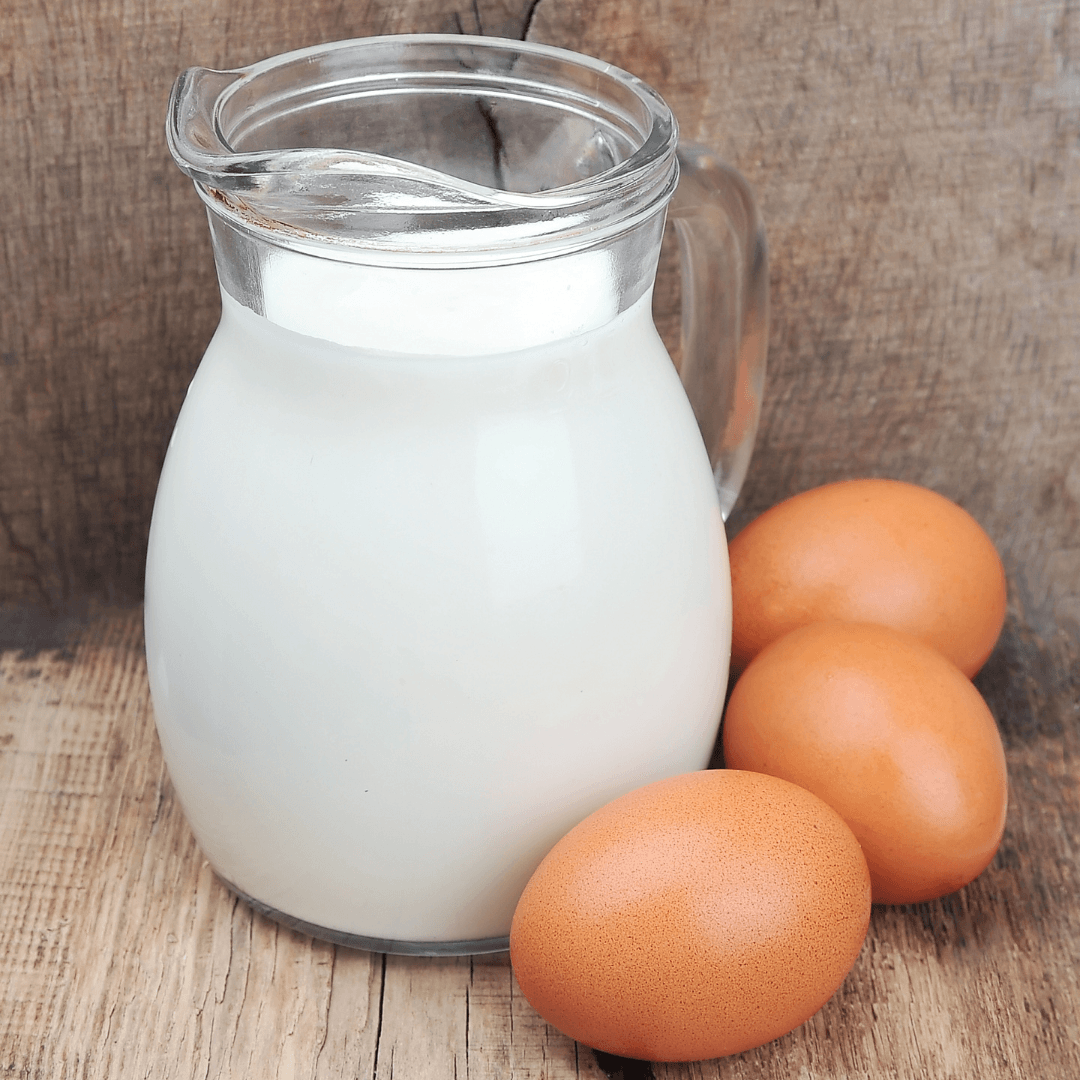
Why Milk And Eggs Are Not Free From Harm
Despite prevailing misconceptions, producing milk and eggs entails significant suffering for the animals involved.
This is why milk and eggs are not free from harm. In the dairy industry, cows endure repeated impregnation to sustain lactation, resulting in a perpetual cycle of pregnancy and birth.
The natural link between mother and child is disrupted when calves are separated from their mothers soon after birth, causing emotional pain for both parties.
Male calves, deemed surplus to the dairy industry's needs, face bleak fates, often destined for veal production or raised for beef.
On the other hand, female calves are raised to replenish the milking herd, perpetuating the cycle of exploitation.
The relentless milking process exerts tremendous strain on cows' bodies, predisposing them to debilitating conditions such as mastitis and lameness.
Ultimately, when their milk production wanes, these cows meet their end at the slaughterhouse, underscoring the inherent cruelty embedded within the dairy industry.
In the realm of egg production, inherent cruelty pervades the industry. Most eggs originate from hens confined within battery cages, enduring cramped wire enclosures that severely restrict movement.
These deplorable conditions subject hens to chronic stress, resulting in injuries and heightened susceptibility to diseases.
The plight of male chicks, deemed excessive by the egg industry, is particularly grim—they are typically disposed of shortly after hatching through barbaric methods like suffocation or being ground alive.
Even in supposedly improved cage-free or free-range systems, hens are still subjected to crowded conditions, albeit with slightly more space.
Nevertheless, they remain vulnerable to stress-related ailments and injuries. Additionally, dairy cows and egg-laying hens undergo routine procedures such as debeaking and tail docking for cows, often performed without anesthesia, inflicting immense pain and distress upon the animals.
These commonplace practices underscore the pervasive suffering and exploitation inherent in egg production, compelling individuals to reconsider their consumption choices and opt for cruelty-free alternatives.
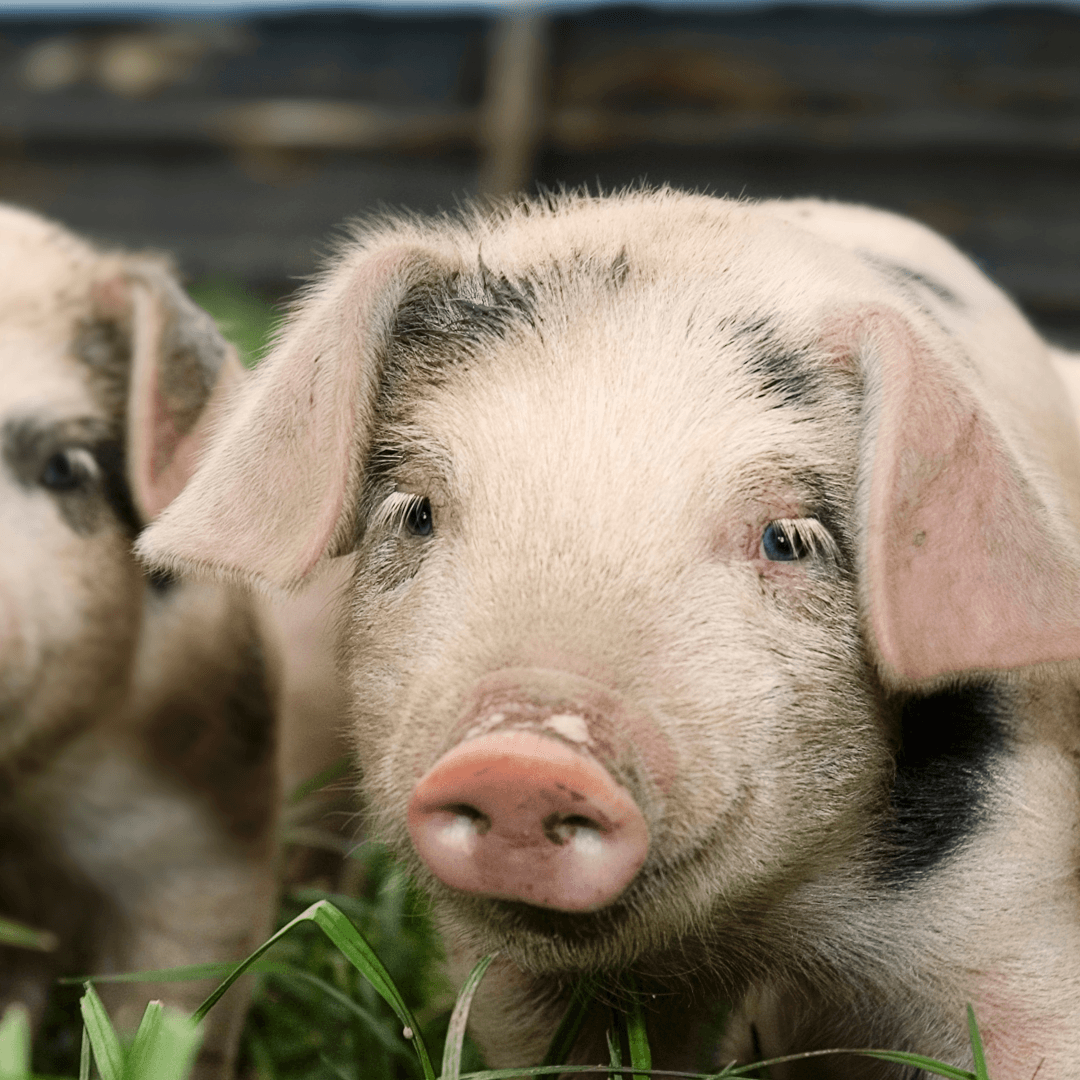
How Does A Vegan Diet Save Animals?
In today's world, the choice of going vegan for animals extends far beyond personal preferences; it serves as a powerful stance against animal exploitation.
Here are ten key points illustrating how adopting a vegan lifestyle directly saves animals from suffering and exploitation. Here's how a vegan diet saves animals:
1. Reduced Demand Means Reduced Breeding
By adopting a vegan diet out of compassion for animals, people help to reduce the demand for animal products actively.
This decrease in demand directly translates to fewer animals being bred into the industrial farming system.
Factory farms operate on a profit-driven model, where animals are bred en masse to meet consumer demands for meat, dairy, and eggs.
However, the need for extensive breeding diminishes as more people choose vegan alternatives.
Consequently, fewer animals endure the harsh conditions of factory farms and the inherent suffering associated with industrialized animal agriculture.
By disrupting this cycle of breeding for consumption, vegans contribute to a shift away from what many perceive as an unethical and unsustainable system of animal exploitation.
2. Less Suffering
By embracing a vegan lifestyle, individuals actively work towards reducing the suffering experienced by animals on factory farms.
These facilities are notorious for subjecting animals to cramped and unsanitary conditions, where they endure immense physical and psychological distress.
As the demand for animal products decreases due to the adoption of vegan alternatives, farms may be incentivized to improve animal welfare standards to maintain consumer trust and loyalty.
Additionally, some farms might even transition away from animal agriculture altogether, recognizing the ethical and environmental concerns associated with the industry.
A more compassionate and moral relationship between humans and the animal kingdom is fostered by this move towards more sustainable and humane behaviours, which also lessen the suffering of innumerable creatures.
3. Slaughter Prevention
The decision to follow a vegan diet directly contributes to the prevention of animal slaughter on a massive scale.
With billions of animals raised and killed for food each year, every vegan meal represents a compassionate choice that spares an individual animal from a life of suffering and, ultimately, from a brutal death.
Vegans are vital to breaking the vicious cycle of exploitation and violence that exists in the meat, dairy, and egg industries by lowering the demand for animal products.
This simple act of choosing plant-based alternatives resonates profoundly, as it signifies a commitment to non-violence and empathy towards all living beings.
Through collective action, the cumulative effect of these choices can transform countless animals' lives and contribute to a more compassionate and sustainable world.
4. Byproduct Elimination
Going vegan for the animals reduces the demand for meat and eliminates the need for animal byproducts such as male chicks and spent hens in the dairy and egg industries.
In these industries, male chicks and spent hens are considered unprofitable and are often disposed of through methods such as grinding or gassing since they do not contribute to egg or milk production.
Individuals eliminate the demand for these products by choosing plant-based alternatives, sparing countless animals from unnecessary suffering and death.
This shift away from supporting industries that rely on the exploitation of animals signifies a commitment to ethical consumption and the promotion of a more compassionate and sustainable food system.
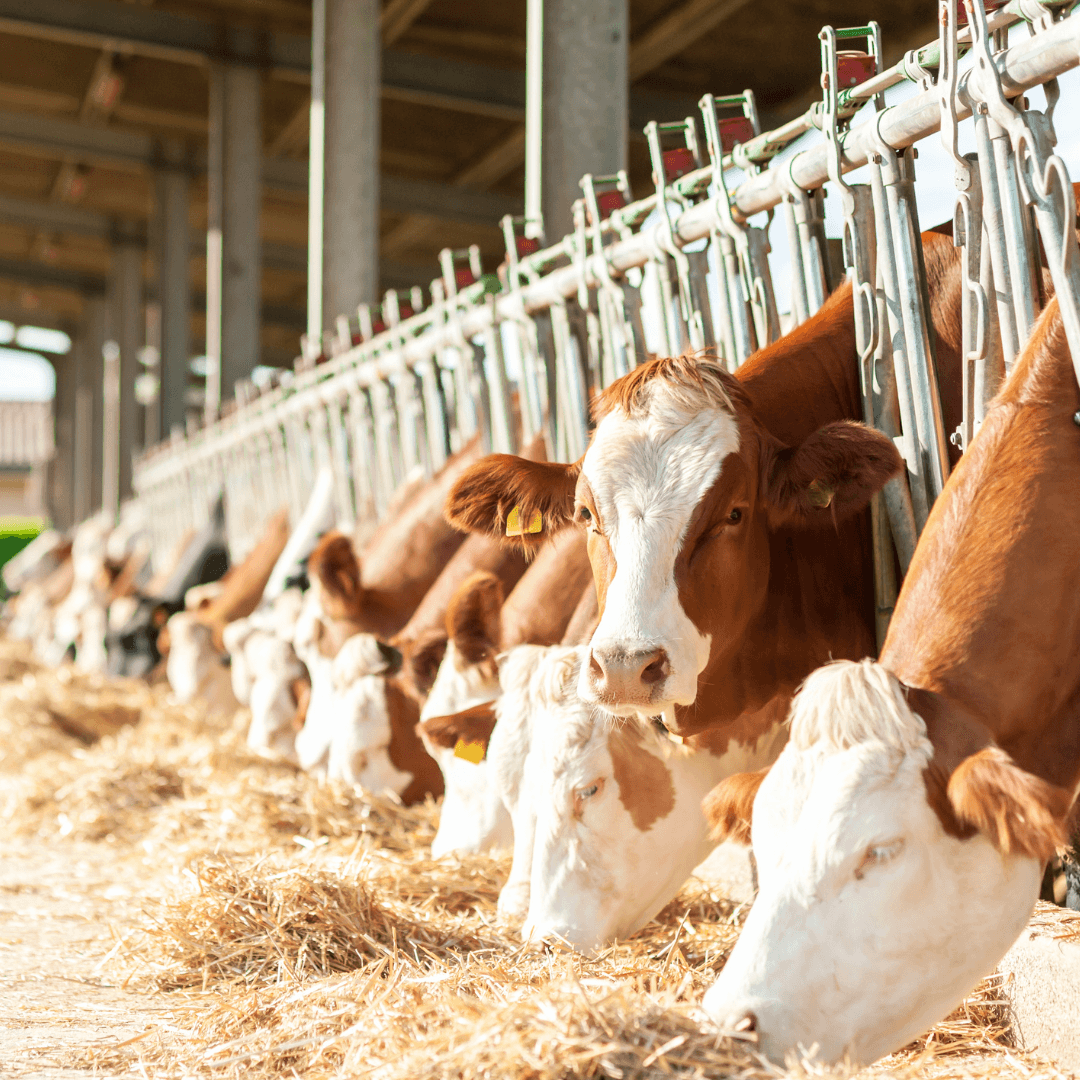
5. Reduced Reliance On Animal Feed
Embracing a vegan diet significantly reduces the strain on resources by decreasing the reliance on animal feed.
The livestock industry consumes vast amounts of land and resources to cultivate feed crops, leading to deforestation and habitat destruction for wild animals.
By choosing plant-based foods directly, individuals lessen the demand for these feed crops, alleviating the pressure on land and resources.
This reduction in demand translates into less land being cleared for agriculture, thereby preserving natural habitats and biodiversity.
A vegan diet promotes the ethical treatment of animals and supports environmental conservation efforts by mitigating the detrimental effects of intensive animal agriculture on ecosystems and wildlife populations.
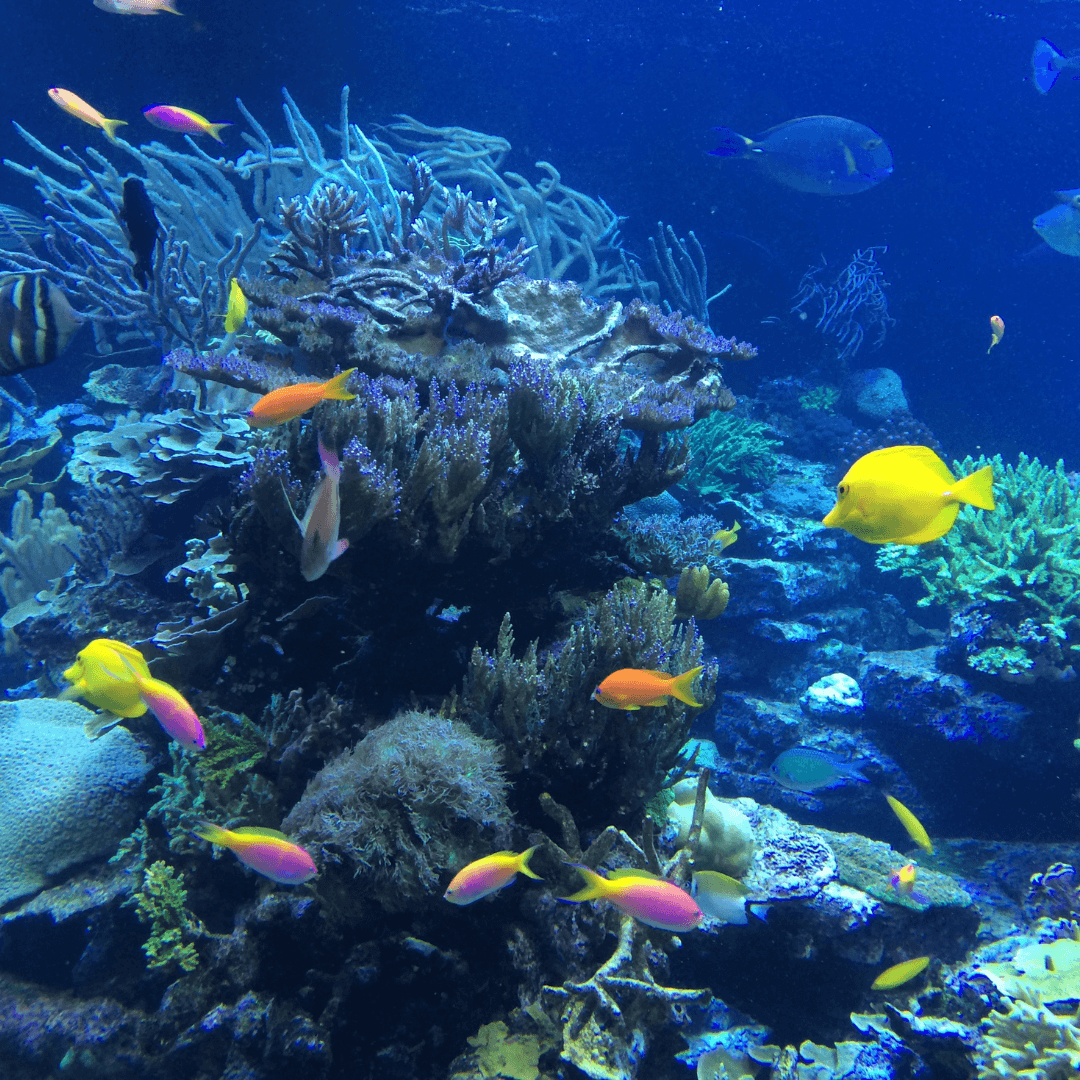
6. Improved Ocean Health
Opting for a vegan diet offers a significant benefit in improving ocean health. Through practices like overfishing and destructive fishing methods, the fishing industry is to blame for the depletion of marine resources and the devastation of ocean habitats.
By embracing plant-based alternatives to seafood, individuals reduce the demand for fish and seafood products, thereby alleviating the pressure on vulnerable marine populations and ecosystems.
This shift towards plant-based eating promotes healthier oceans by mitigating the impact of overfishing, preserving marine biodiversity, and safeguarding delicate marine habitats.
Ultimately, choosing a vegan diet represents a proactive step towards supporting sustainable and ethical food choices that benefit aquatic life and our oceans' health.
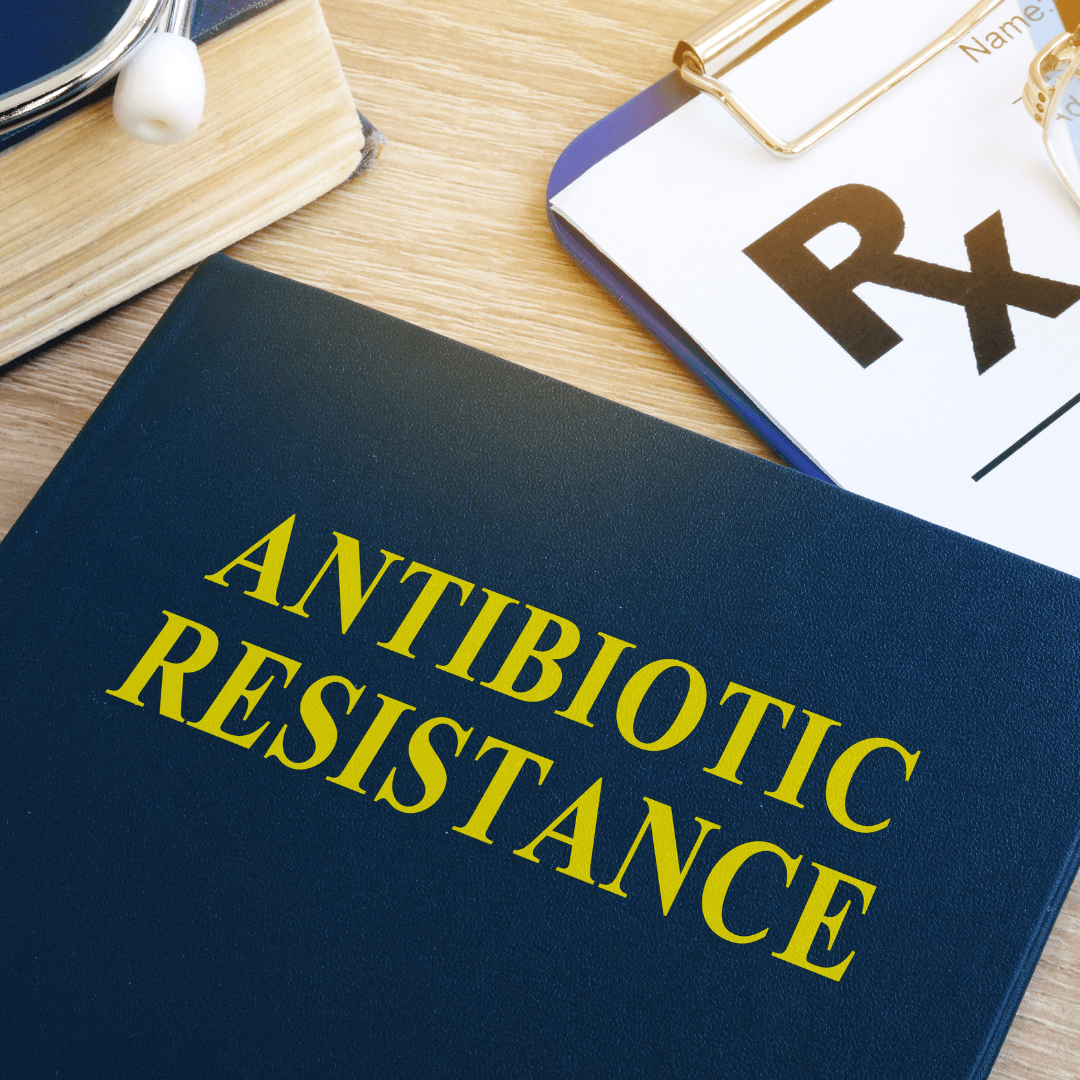
7. Reduced Risk Of Antibiotic Resistance
Adopting a vegan diet offers a compelling solution to the growing concern of antibiotic resistance.
Factory farms commonly use antibiotics to prevent diseases within densely packed animal populations.
The extensive use of antibiotics seriously threatens the health of people and animals, which leads to the emergence of microorganisms resistant to them.
People can limit the need for excessive antibiotic treatment in animal agriculture by selecting plant-based foods over animal products.
This reduces the demand for factory-farmed meat and dairy. This shift towards veganism promotes personal health and mitigates the risk of antibiotic resistance, safeguarding the effectiveness of these crucial medications for both present and future generations.
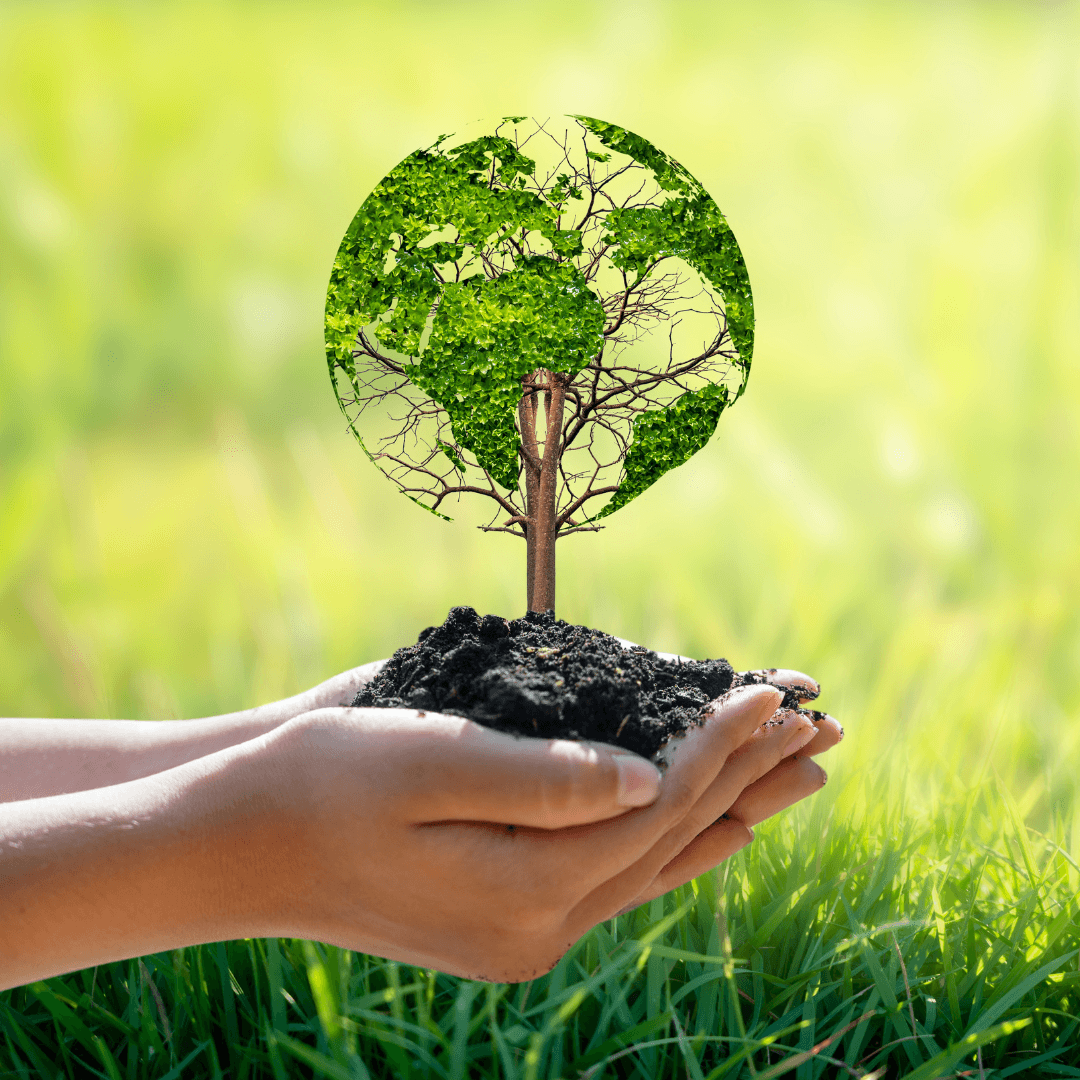
8. Compassionate Choice
Opting for a vegan lifestyle reflects a compassionate choice rooted in the ethical treatment of animals.
By embracing veganism, individuals align their dietary preferences with their deeply held values of kindness and empathy towards all living beings.
This conscious decision allows individuals to refrain from participating in practices they perceive as unethical or morally troubling, such as animal exploitation and suffering in the food industry.
By choosing plant-based alternatives, vegans actively demonstrate their commitment to promoting compassion and respect for animals, fostering a more harmonious and ethical relationship between humans and the animal kingdom.
Ultimately, veganism represents a powerful way to enact positive change and live by one's principles of compassion and empathy.
9. Long-Term Impact
Though one individual's dietary choices may not immediately quantify the number of animals saved, the long-term impact of veganism is profound.
People who adopt a vegan lifestyle contribute to a collective force for change. Through reduced demand for animal products, vegans catalyze systemic shifts within the agricultural industry.
These changes may include improved animal welfare standards, decreased reliance on factory farming, and increased availability of plant-based options.
Over time, such systemic changes have the potential to benefit countless animals, sparing them from lives of confinement, suffering, and premature death.
Thus, while the direct impact of each person's choice may seem small, the cumulative effect of widespread veganism creates a ripple effect that can lead to significant positive outcomes for animals in the future.
10. Empowerment
Embracing a vegan diet empowers individuals to take a stand for animal welfare and advocate for a more ethical and sustainable food system.
Individuals assert their values of compassion and empathy towards animals by consciously choosing to abstain from animal products.
This act of empowerment extends beyond personal dietary preferences to become a statement of solidarity with animals, signalling a commitment to respect their inherent value and right to live free from exploitation.
Moreover, choosing veganism represents an active participation in shaping a food system that aligns with ethical principles, promoting the well-being of animals, humans, and the planet.
In essence, adopting a vegan diet empowers individuals to become agents of positive change, and this answers the question of ‘how does a vegan diet save animals?’
FAQ
Can Vegans Save The World?
Answer: While individual actions alone may not single-handedly save the world, adopting a vegan lifestyle can significantly address several global challenges.
Veganism has a lower environmental footprint, as plant-based diets require fewer resources like land, water, and energy than animal agriculture.
By reducing greenhouse gas emissions, deforestation, and water pollution associated with animal farming, vegans help combat climate change and preserve ecosystems.
Moreover, veganism promotes compassion towards animals and reduces the demand for factory farming, thereby alleviating animal suffering.
How Can We Save More Animals?
Answer: Saving more animals involves adopting various individual, community, and societal approaches.
Firstly, promoting adoption from animal shelters instead of buying pets from breeders reduces the demand for commercially bred animals and provides homes for needy animals.
Additionally, supporting and volunteering at animal rescue organizations and sanctuaries helps provide care and shelter for rescued animals.
Encouraging a shift towards plant-based diets reduces the demand for animal products and minimizes the suffering of animals raised for food.
Educating others about veganism's ethical, environmental, and health benefits can inspire more people to make compassionate choices.
Conclusion
In conclusion, going vegan for animals serves as a powerful means to save animals from exploitation and suffering.
Individuals directly reduce the demand for factory farming and its associated cruelty by abstaining from animal products.
This dietary choice promotes a more compassionate and ethical relationship with animals, aligning with the principle of non-violence towards all living beings.
Furthermore, a vegan lifestyle contributes to preserving biodiversity and reduces animal agriculture's environmental impact, thereby safeguarding habitats and ecosystems.
Ultimately, embracing veganism represents a tangible and impactful way to protect the lives and well-being of countless animals worldwide.
I trust you enjoyed reading the article about The Impact Of Going Vegan For The Animals. Please stay tuned. More blog posts will be posted very shortly.
JeannetteZ
>>>Please click here to read my Vegan Travel Guides To World Destinations<<<
>>>Do You Want To Learn How To Create Delicious, Cruelty-Free, Healthy AND 100% Vegan Meals? Try These Awesome Vegan Cooking Courses With A Free 7-DAY MEMBERSHIP<<<
Your Opinion Is Important To Me
Do you have thoughts, ideas, or questions? I would love to hear from you. Please leave me your questions, experiences, and remarks about The Impact Of Going Vegan For The Animals in the comments section below. You can also email me at Jeannette@LivingTheVeganLifestyle.org.
>>>Please click here to read on PETA why we should be vegans<<<
Disclosure
This post may contain affiliate links. I earn from qualifying purchases as an Amazon Associate and other affiliate programs. Please read my full disclosure.
Here are some links to some of my favourite articles:
A Vegan vs A Plant-Based Diet – What's The Difference?
Countries With The Highest Rates Of Vegetarianism
Why Some People Don't Like Vegans

